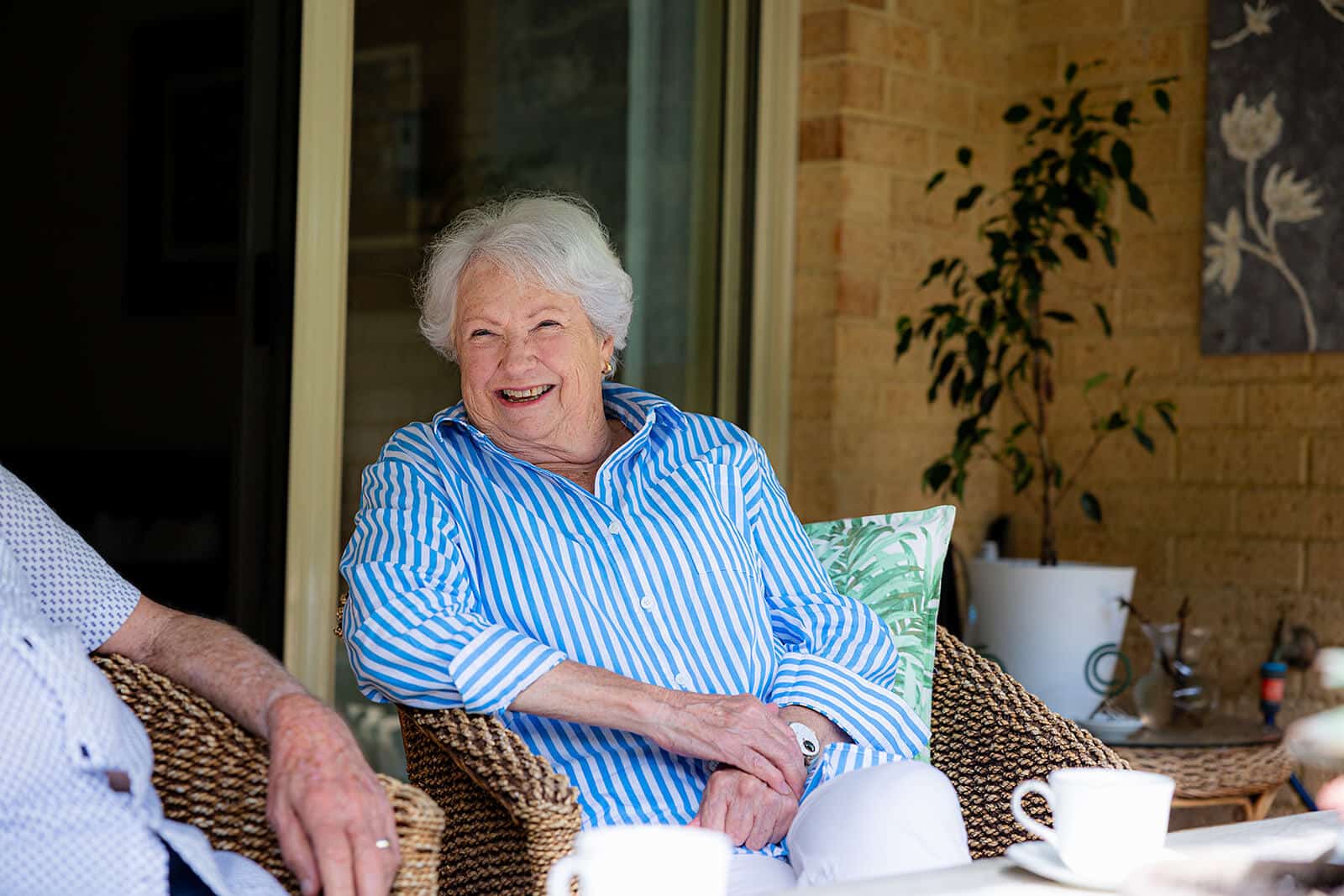The New Aged Care Act — Coming 1st November 2025
The Australian Government is introducing a new Aged Care Act, which will come into effect on 1 November 2025.
We want to keep you fully informed about what these changes mean for you, what will stay the same, and how we are preparing at Catholic Homes Inc to ensure a smooth and transparent transition.
What Stays the Same
Many things that you already value will remain exactly the same:
- You will continue to receive the same care and services from our team.
- Our commitment to dignity, respect and choice remains unchanged.
- You will continue to have a say in your care, participate in planning, and provide feedback at any time.
- Our values and approach to care will not change — you will continue to see familiar staff and routines.
What Is Changing
The new Aged Care Act 2024 replaces the current Aged Care Act 1997. It introduces a rights-based framework that gives older people more control and clearer protections.
Key changes include:
- Stronger Rights:
A new, legally protected Statement of Rights will affirm your right to make decisions about your life and care, to be treated with dignity, and to have your identity and preferences respected. The new Statement of Rights are displayed on posters at all our facilities. - Simplified Legislation and Standards:
The new Act will align with the Strengthened Aged Care Quality Standards, focusing on safety, respect, and person-centred care. The new Aged Care Quality Standards are displayed on posters at all our facilities. - Greater Transparency and Accountability:
Providers must be more open about fees, staffing, and performance, so residents and families can make informed choices. All residents will receive a monthly newsletter with updates and news about their facility. Updates will also be discussed at Resident and Family meetings. - Financial Model Reform:
The biggest changes are around how aged care is funded and how resident contributions are calculated.
These include:
-
- A new Non-Clinical Care Contribution (NCCC)
- A new Hotelling (Everyday Living) Contribution
- Revised Refundable Accommodation Deposit (RAD) retention rules
Financial and Funding Changes
These new financial arrangements apply to residents entering care on or after 1 November 2025, or to new agreements made after that date.
As you are already a resident, your contract will be grandfathered, meaning your existing arrangements continue unchanged.
Non-Clinical Care Contribution (NCCC)
The NCCC will replace the current Means-Tested Care Fee.
- It covers the cost of non-clinical services, such as personal assistance, mobility, bathing, activities, and general well-being support.
- It is means-tested — based on your assessable income and assets.
- There will be:
- A daily cap on how much can be charged; and
- A lifetime cap, ensuring you never pay more than a set total across your lifetime in care.
- Residents with higher income or asset levels may contribute more, while those of modest means may pay little or nothing.
When this starts: For residents entering care after 1 November 2025.
Existing residents remain under the current means-tested care fee rules.
Hotelling (Everyday Living) Contribution
This contribution relates to the costs of your day-to-day living — such as meals, cleaning, laundry, electricity, and communal services.
- The government will increase the Hotelling Supplement it pays to providers (from $15.60 to $22.15 per day as of September 2025) to better support quality everyday services.
- A means-tested Hotelling Contribution will be introduced for residents with higher income or assets.
- There will be a maximum daily amount set by the government, and again, those on lower means will not pay more.
When this starts: For residents entering care after 1 November 2025.
If you are already a resident, your current “basic daily fee” will continue under existing arrangements.
Refundable Accommodation Deposit (RAD) Retention
For residents entering care after 1 November 2025, the new Act introduces limited retention on RADs or RACs (Refundable Accommodation Contributions).
- Providers will be permitted to retain 2 % per year, calculated daily, for up to five years (maximum 10 % total).
- After five years, no further retention applies.
- For example, on a $200,000 RAD, the maximum retention over five years would be $10,000 in total.
- The remainder of your RAD will continue to be refunded on exit, consistent with the new legislation.
Residents who entered care before 1 November 2025 remain under the current rules, meaning your RAD continues to be fully refundable, as stated in your existing agreement.
When this starts: Applies only to new admissions or agreements from 1 November 2025.
Grandfathering Protection
If you entered care before 1 November 2025, your current:
- Daily fees,
- Accommodation arrangements (RAD/DAP)
will continue unchanged. You do not need to sign a new agreement or pay under the new contribution model unless you move homes or enter a new agreement.
What This Means for You
- No immediate changes to your current care or fees
- For future residents (or those renewing agreements after 1 November 2025), we will provide clear fee information before you sign any new agreement.
- Our finance and care teams will work closely with you and your family to ensure you understand all changes and any new contributions.
- We will continue to prioritise transparency, fairness, and personalised support during this transition.
